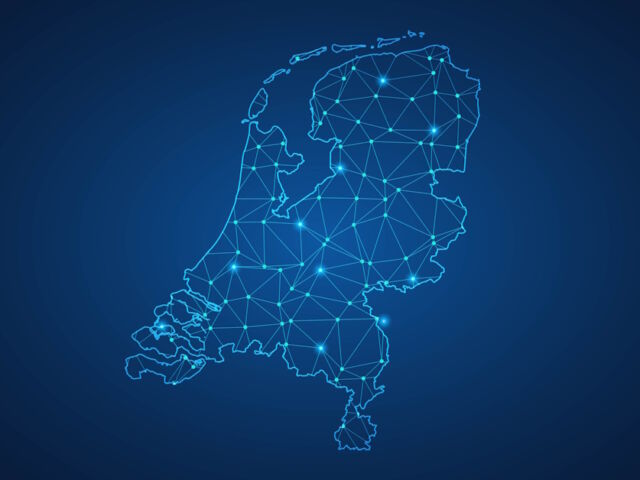More and more municipalities want to invest in bicycle incentives to get people out of their cars. Promoting bicycle use requires more insight, applicable knowledge and cooperation. To make knowledge - for example of bicycle mobility behavior - available to policymakers in an innovative and usable way, Argaleo offers 'DigiTwin': an online web environment in which a digital copy of a city or region is made, to which all kinds of data analyses are unleashed. "We are actually a springboard. Data-driven cycling knowledge is still relatively in its infancy," said Jeroen Steenbakkers, owner of Argaleo.
According to Steenbakkers, there are currently too many local bicycle studies and pilots and every municipality would benefit from sharing knowledge and data with other municipalities. "The e-bike is an interesting means of transport. But almost no specific policy is made for the e-bike yet," said Joost de Kruijf, researcher and initiator of the national Dutch Metropolitan Cycling Innovations (DMCI) program. He developed this program together with a group of ambitious governments, because he believes that the bicycle should also have a place in the Dutch MetropoIitan Innovations ecosystem: a national public-private partnership focused on smart, sustainable urbanization and mobility throughout the Netherlands.

Wrong questions
According to Steenbakkers and De Kruijf, cycling policy at the national level simply needs to improve, and the cycling ecosystem needs to professionalize. "More and more data is becoming available, but we also sometimes ask each other the wrong questions," De Kruijf believes. "Ultimately, we want to achieve growth in bicycle traffic. For that, we need to improve bicycle policy on a national scale." Steenbakkers adds, "Achieving a bicycle mobility transition requires thinking differently and working together differently. Through digital means, this is much more scalable."
De Kruijf: "There needs to be a shift in thinking and doing, because few people also dare to enter the discussion - for example, about the competition between e-bikes and public transport." Steenbakkers sees that the car and public transport world is much larger and more professional: "There we are talking about billions. In the bike world, everything is still much too local."
Three transitions
Three transitions are currently underway. "The first is the transition from actually little knowledge and expert judgment to data-driven insights. The second transition we're seeing is the transition from local to national collaboration at the knowledge level. And the third is the transition of people's behavior, the bicycle mobility transition. So that people start using (electric) bicycles more," Steenbakkers said.
De Kruijf agrees. "That's why cooperation between government, industry and science is also essential. More and more data is becoming available, but there is also a lot of data already available - which people often don't know exists."
want to know more?
For more information about the system and how data can support bicycle policy, contact Jeroen Steenbakkers
- Jeroen@argaleo.com
- +31629326841
Or book an online introduction directly
more news
Subscribe now to the newsletter and stay informed of our digital twin innovations!







